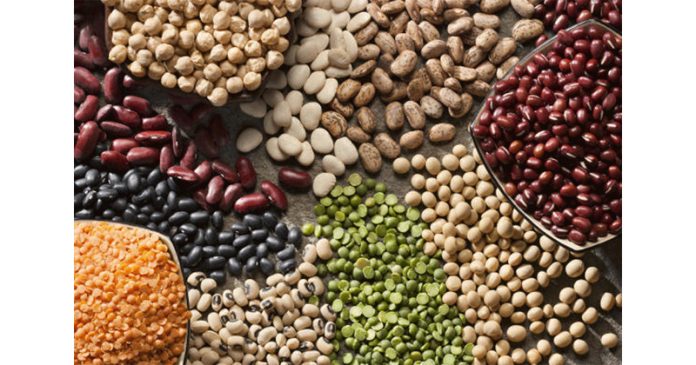NEW DELHI, Oct 8 : The government on Tuesday asked retailers of pulses to pass on the benefit of decline in wholesale prices to consumers and said it will take necessary steps if they make abnormal profits.
Nidhi Khare, Secretary, Department of Consumer Affairs, chaired a meeting with Retailers Association of India (RAI) and major organised retail chains on Tuesday to discuss the scenario and trends in prices of major pulses, according to an official statement.
The meeting is timely and significant considering the festive season. Pertinently, mandi (wholesale) prices of most pulses are on a declining trend in recent months against improved availability and higher sown area of Kharif pulses this year, it added.
Khare informed that “prices of tur and urad in major mandis had declined, on an average, by almost 10 per cent during last three months, but retail prices have not seen a similar decline.”
In respect of chana, a decline in mandi prices has been observed in the past one month, but retail prices continue to increase, she added.
“She pointed out diverging trends between wholesale mandi prices and retail prices are indicative of increasingly unwarranted margins that retailers are extracting out of the market dynamics. The trends are being closely tracked and necessary measures will have to be initiated if the divergences are found to be widening,” the statement said.
The meeting was attended by officials of RAI and representatives from Reliance Retail Ltd, Vishal Mart, D Mart, Spencer and More Retail.
“Considering the current availability situation and easing of mandi prices, the Secretary asked the retail industry to extend all possible support to the government in its efforts to keep prices of dals affordable to the consumers,” the statement said.
She asked organised retail chains to coordinate with NCCF and NAFED in the distribution of Bharat Dals, especially Bharat Masur Dal and Bharat Moong Dal.
On availability, Khare said that Kharif urad and moong have started arriving in the markets while imports of tur and urad from East African countries and Myanmar are arriving steadily to augment the domestic production.
The comfortable domestic availability situation is also evident from the fact that the quantity of pulses stock disclosed by big-chain retailers in the stock disclosure portal of the department has been increasing every week, the statement said.
Khare noted that the sowing area for Kharif pulses has exceeded last year by over 7 per cent and crop condition has been good.
In preparation for Rabi sowing, the Department of Agriculture has assigned focus plans to each of the major producing states with the objective of increase production and self-sufficiency in pulses.
NAFED and NCCF will be involved in farmers registration and seeds distribution among farmers in the upcoming Rabi season, as was done in the Kharif sowing season this year. (PTI)


